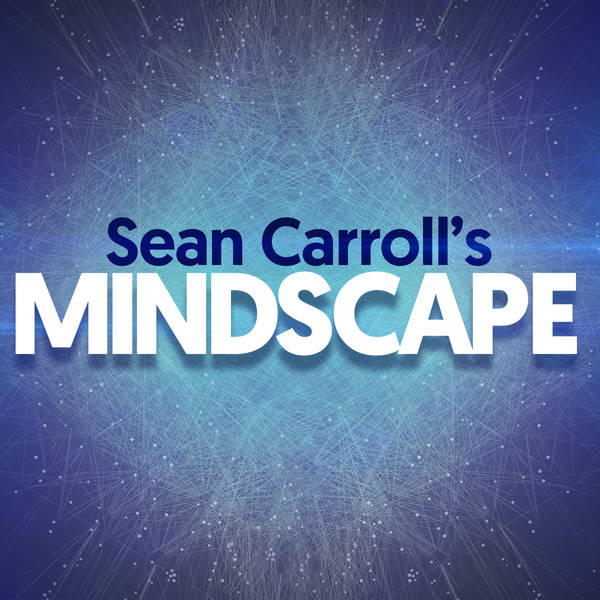
160 | Edward Slingerland on Confucianism, Daoism, and Wu Wei
Plato and Aristotle founded much of what we think of as Western philosophy during the fourth and fifth centuries BCE. Interestingly, that historical period also witnessed the foundation of some of the major schools of Chinese philosophy, especially Confucianism and Daoism. This is a long-overdue discussion of ancient Chinese ideas, featuring philosopher and religious-studies scholar Edward Slingerland. We talk about the relationship between these two schools of thought, and their differences and similarities with Western philosophy. One of the biggest ideas is wu wei, or “effortless action” — the way that true mastery consists of doing things without too much conscious control. Today we would call it “flow” or “being in the zone,” but the idea stretches back quite a ways.
Support Mindscape on Patreon.
Edward Slingerland received his Ph.D. in religious studies from Stanford. He is currently Distinguished University Scholar, Professor of Philosophy, and Associate Member of the departments of Asian Studies and Psychology at the University of British Columbia. He is Director of the Database of Religious History, and co-director of the Center for the Study of Human Evolution, Cognition, and Culture. Among his books are Trying Not to Try: Ancient China, Modern Science, and the Power of Spontaneity, and a translation of Confucius’s Analects. His new book is Drunk: How We Sipped, Danced, and Stumbled Our Way to Civilization.
Web siteUBC web pageGoogle Scholar publicationsAmazon.com author pageWikipediaTwitterSee Privacy Policy at https://art19.com/privacy and California Privacy Notice at https://art19.com/privacy#do-not-sell-my-info.
